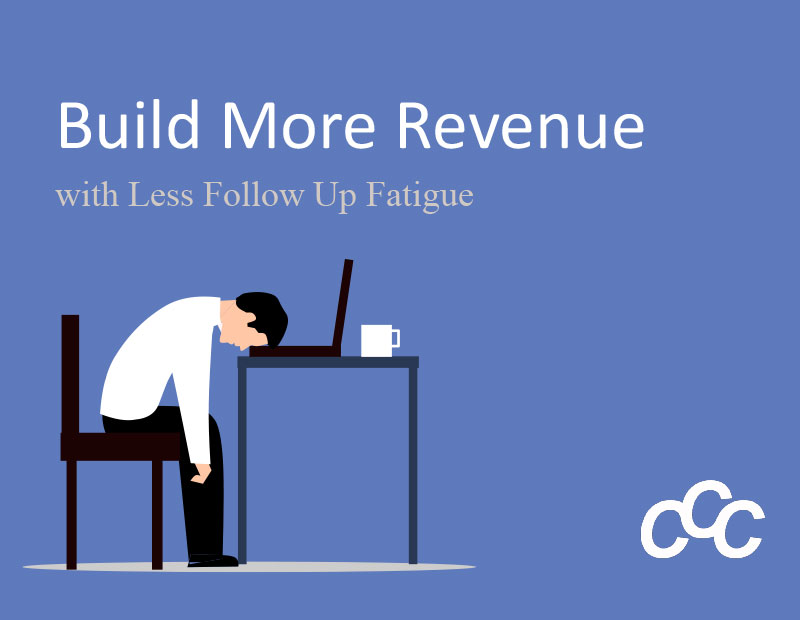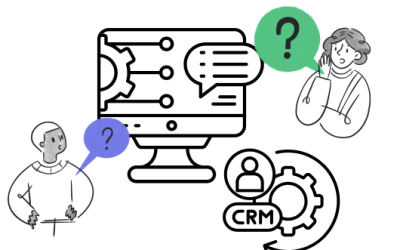What do you need to track in your business? Many businesses use custom funnels to track prospects. Yet, the same funnel can be used to track production stages, recruiting efforts, and client activity. In each case, you can see the stage of completion of a project, or where a prospect or client has progressed in its process, tracking items in a custom funnel can be challenging if not set up correctly. How does a prospect or item move from one step to the next to the next step? Is this a manual process or an automated one?
Many businesses use spreadsheets and find they are difficult to manage. Using spreadsheets presents numerous challenges:
- Spreadsheets involve manual updating.
- More than one spreadsheet is usually involved
- There are no notices or actions created as the items being tracked move from one stage to another.
- Tracking notes get lost
- Tracking is challenging on multiple devices
We are not going to spend time on spreadsheets. Instead, we are going to focus on using CRM software as we talk about overcoming challenges to track custom funnels. Why do you need a custom funnel? A sales funnel is not adequate for every type of contact. You may want to track contacts beyond buying. You might want to track the steps contacts take for fundraising, referrals, job applications, and so on.
To do this, Let’s look at the definition of a funnel. A funnel is the steps a contact takes from awareness to a final decision. CRMs allow you to create a sales funnel to track leads, but what would it look like if you want to track a process other than sales? Let’s look at an example.
Ken is the owner of the fictitious Ken’s Kitchen Remodel. His business is growing, and he needs to hire additional help. He does not want to pay a recruiting company, so he asks his network and friends for the names and numbers of individuals who are looking for work. The problem is that he often writes the info on post-it notes and then misplaces them. He was talking to his CRM consultant who recommended that he use his CRM to track the potential hires with a funnel.
He takes the consultant’s recommendation and runs with it. Ken creates a funnel that follows his ideal process for hiring. The funnel has 7 steps:
- Asked for reference info
- Received 3 references
- Sent reference requests
- Schedule interviews with references
- Conducted interviews
- Rated candidates
- Selected candidates
Now that the funnel is created, he adds the referral to his CRM from his phone or tablet (he does not have to look for a piece of paper and pen and he won’t lose it). As he completes each stage with a referral, they move to the next stage. Ken knows where he is in the hiring process with each candidate. This is saving him time and he can be proactive rather than experiencing Follow Up Fatigue.
Ken is notified when a response is not received by the deadline and can see how long it takes for candidates to move through his reference checking process. Ken can see any logjams and can intervene because he has up-to-date at his fingertips.
This question for you is, what step-by-step process do you want to track in addition to your sales process? Do you need to track job candidates, onboarding, fundraising, or referrals? Use your CRM’s custom funnels to track these items and set up automation to send content based on the funnel. CRM software is not restricted to sales funnels. It can be used for so much more.
If you are not using a CRM, contact us to schedule a demo of X2CRM. Learn how you can create custom funnels in X2CRM among other features like automation and segmentation.





